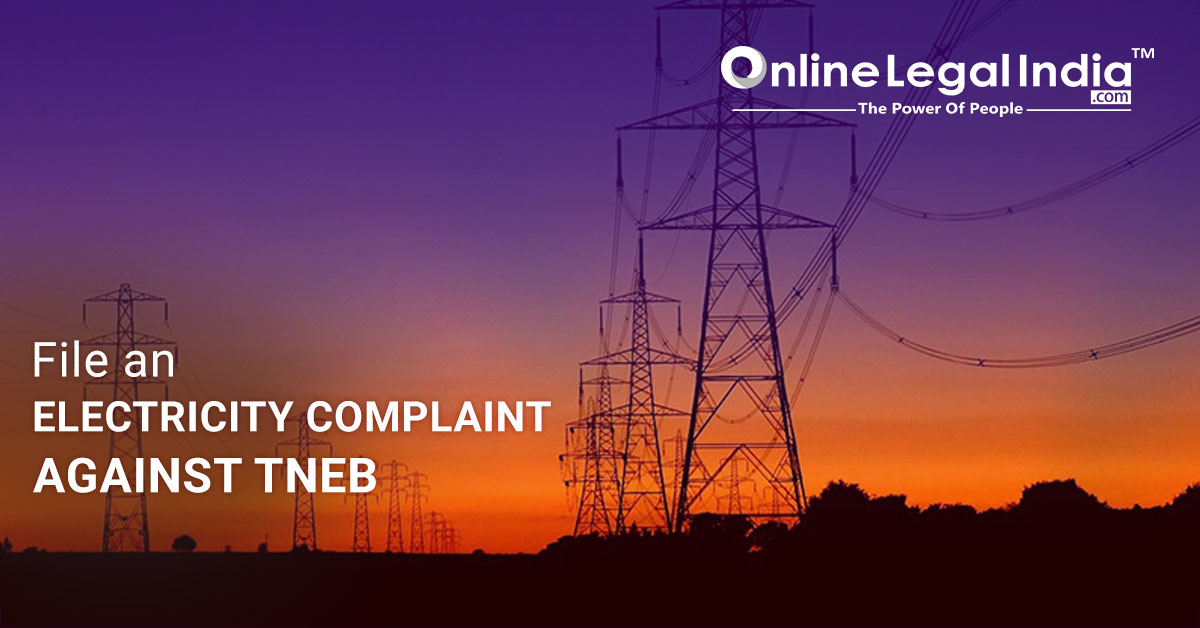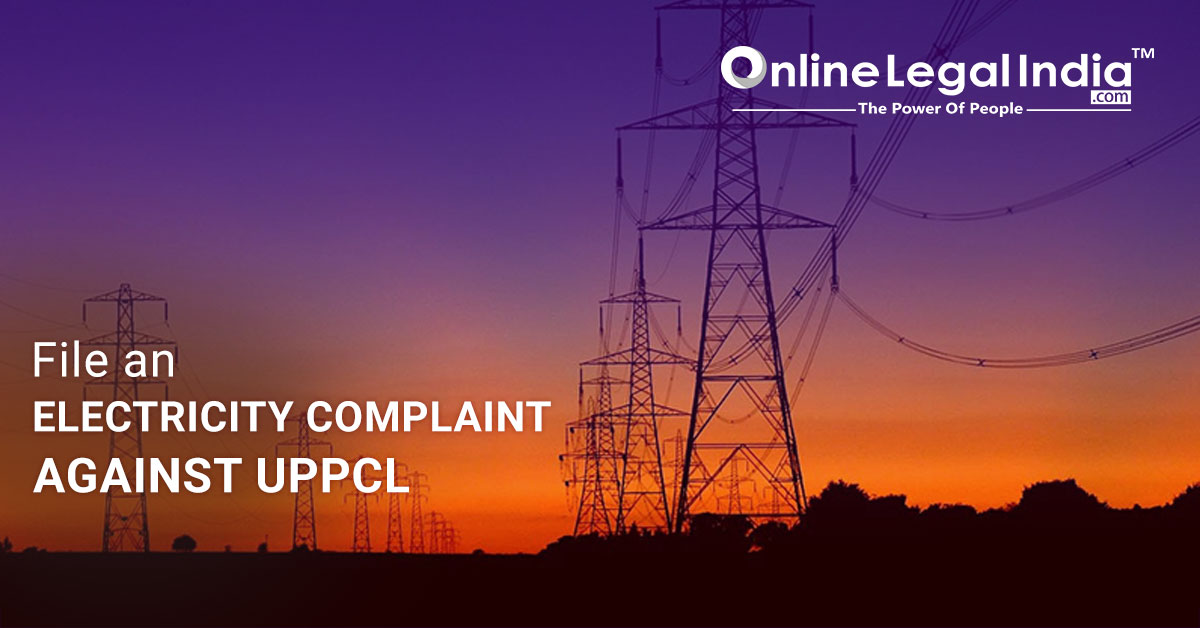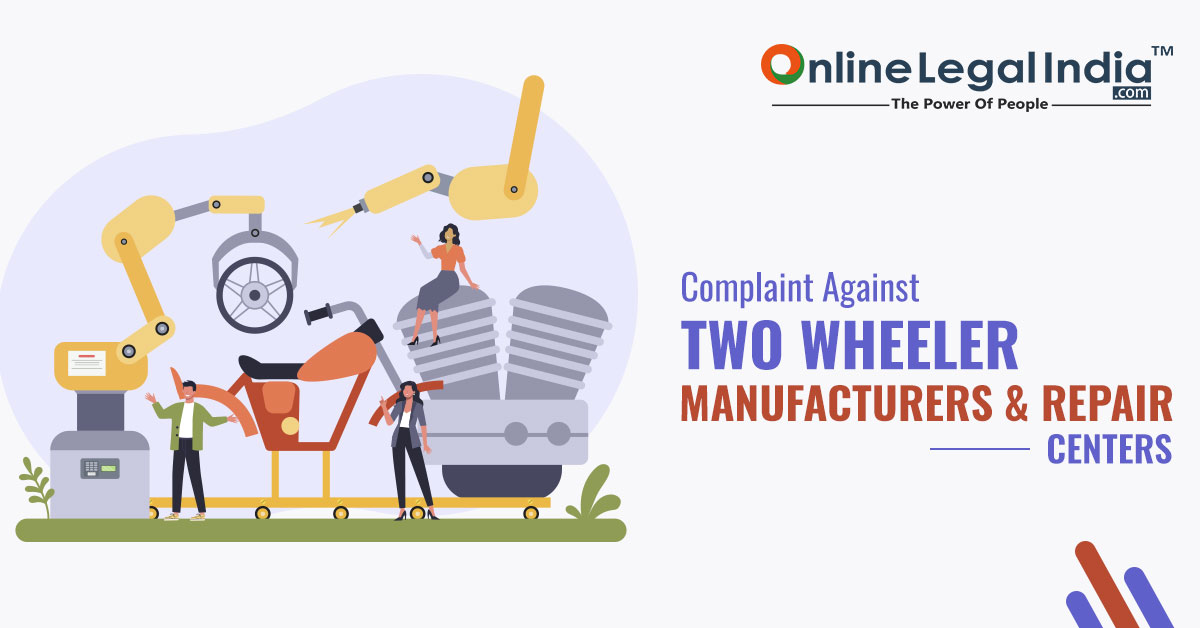Is Online Legal India Fake?
10 May, 2024

 By Online Legal India
Published On 16 Nov 2021
Category Indian
By Online Legal India
Published On 16 Nov 2021
Category Indian
With the Inclusion of the “Make In India” Policy by the Central government there has been a rise in the number of new businesses and companies. The market is flooded with new products and services. Private Limited Company registration in India has been heavily affected by the new amendments.
There are various companies that have been registered such as the Private Limited Companies and Public Limited Companies. There has also been a rise in Registration of Wholly Owned Subsidiaries (WOS) as a result of a huge influx in investments from both foreign and Indian.
Wholly Owned Subsidiaries are companies where 100 percent of shares are owned by the parent company of Indian or foreign origin. It is a setup where a company can run its business in another country through its subsidiaries. It does not have to be a part of the mother company but can rather be another sector too.
They are just like any other company under the Income Tax Act and have to face deductions just like others. Subsidiaries are companies that can be incorporated by acquiring more than 50 percent of the company. Incorporation of Private Limited Companies is often preferred for such subsidiaries.
There are various conditions that need to be met to qualify as a wholly-owned Subsidiary. For any company to have a subsidiary it needs to abide by such rules. Some of the rules that they need to follow are:
Within one month of the incorporation of the company, They are required to bring in a minimum of 1 lakh paid-up share capital.
The company needs a minimum of two shareholders to go ahead with the incorporation.
There needs to be the presence of at least one Indian director at the company. And all the directors are required to have a DIN (Director Identification Number).
They are also required to have a DSC (Digital Signature Certificate) for the operation purpose.
Without the following requirement, it is not possible to get incorporated under the Indian Company Act and do business in India.
There are various advantages attached to the incorporation of a Wholly Owned Subsidiary as it provides the owner with the following elements:
Control over the strategic and operational aspects of the business.
Synergies the cost-effective measures in using existing resources of the subsidiary and the parent company.
It provides the company with the benefits of both the brands in establishing the business.
Limited Liability becomes a driving factor as the losses incurred by the subsidiary are not applicable to the parent company.
Trade Secrets are protected in terms of control and administration of the company.
These features attract the investors in creating wholly-owned subsidiaries due to the number of benefits they can derive from it.
The boom in business has been rapid and so has the progress of the nation. With the need to invest in the business many companies prefer to have subsidiaries if trying to do business in foreign countries. Even in one’s own country companies can invest in other sectors to have more business.
Thus the knowledge of incorporating a Wholly Owned Subsidiary will lead to more and more companies getting invested in through funding from other companies and will help improve the business standards. It will help push the economy through the influx of fundings and business ideas.

Is Online Legal India Fake?
10 May, 2024

IPIndia Trademark Registration: Benefits and Process
06 May, 2024

How to File a Consumer Case through Consumer Complaint Number
03 May, 2024

How to Trademark your logo and protect your Brand
30 Apr, 2024

How to Trademark My Company Name in India
29 Apr, 2024

Consumer Complaint against Tamil Nadu Electricity Board TNEB
30 Nov, 2020

How to Take Legal Action against Mental Harassment in India?
07 Nov, 2020

UPPCL Uttar Pradesh Power Corporation Ltd. Complaint Filing
19 Nov, 2020

How to File a Complaint Online in Consumer Court in India
27 Nov, 2020

Online Complaint Filing against Hero Motocorp
04 Dec, 2020